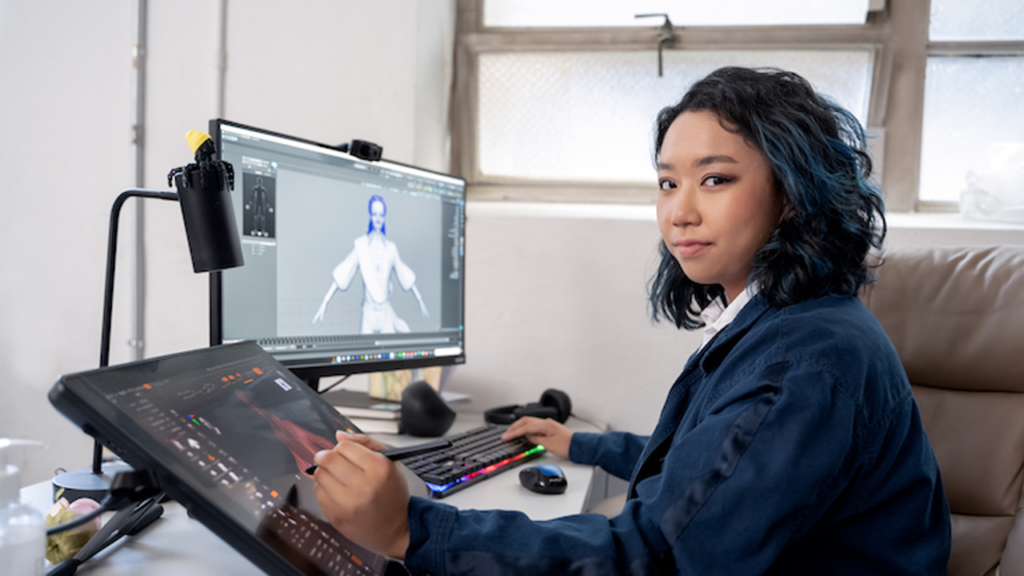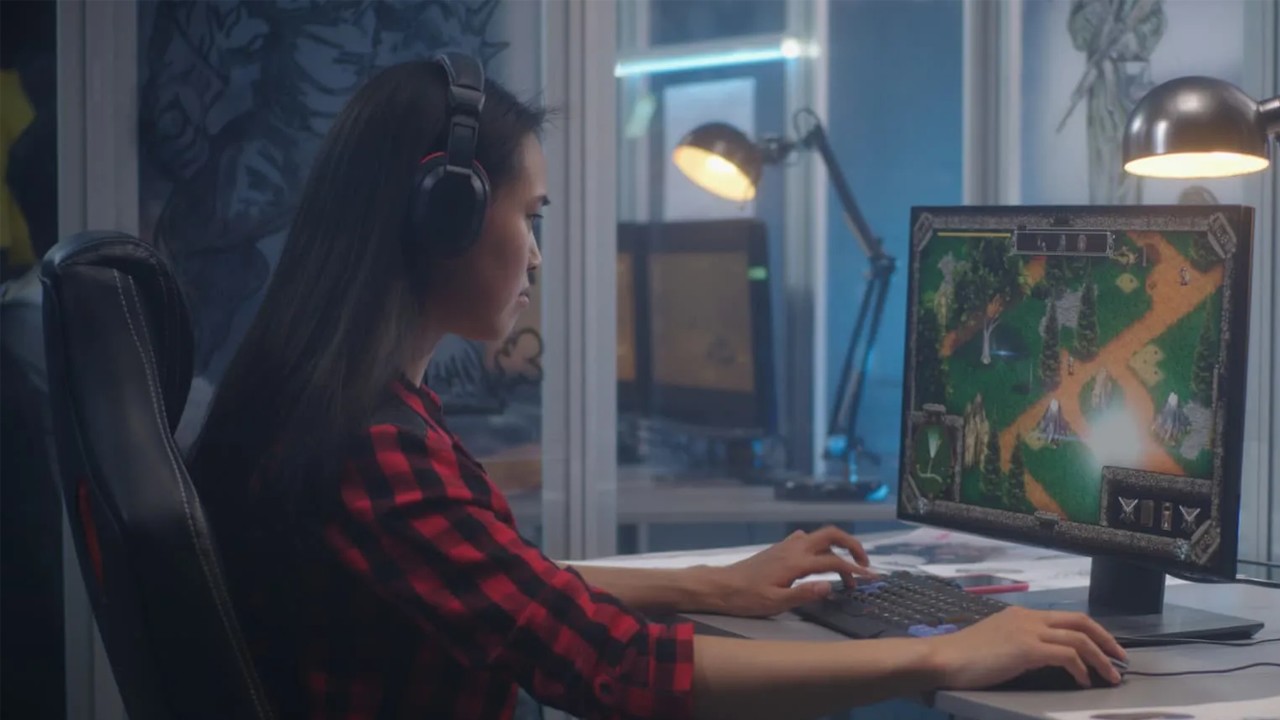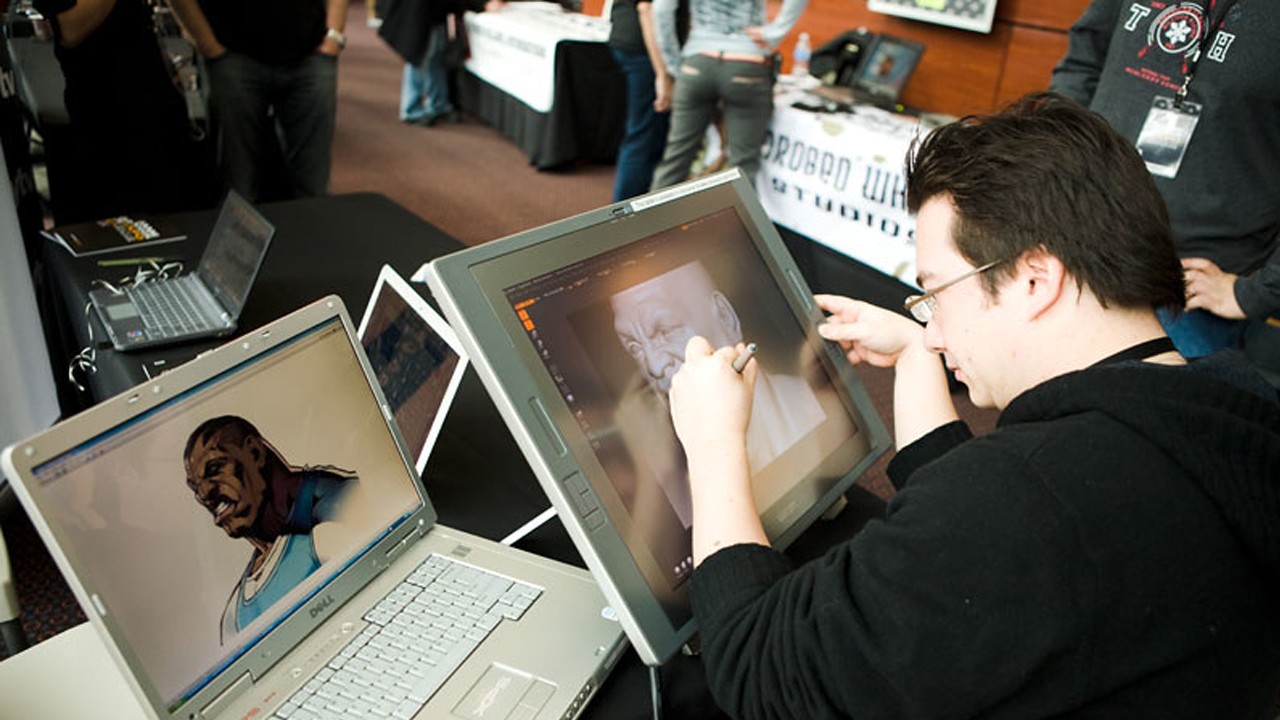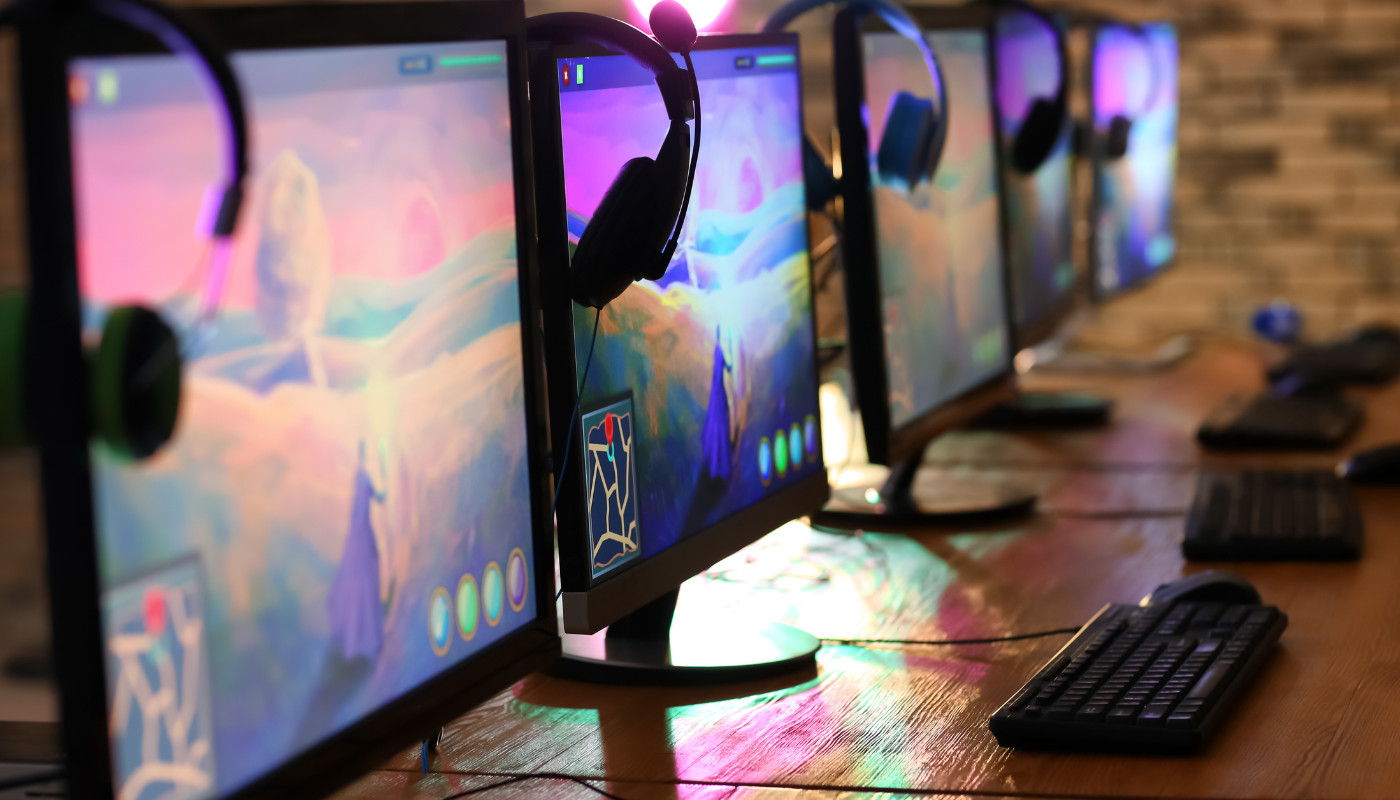Embarking on a career in game design is a dream for many, but breaking into this competitive field can often seem daunting. Whether you’re a passionate gamer with a creative mind or someone with a knack for storytelling and technology, this guide is your first step towards turning your passion into a profession. Discover essential tips, strategies, and insider knowledge on how to navigate the industry, stand out to employers, and ultimately land a job in game design.
Understanding Game Design Fundamentals
Embarking on a career in game design is an exhilarating journey, one that requires a solid grasp of the fundamentals of game design. These fundamentals serve as the foundation upon which all game development is built. They encompass a wide range of skills and knowledge areas, including but not limited to, game mechanics, storytelling, player engagement, and visual aesthetics. A deep understanding of these principles is essential for anyone aspiring to make their mark in the game design industry.
At the heart of game design is the concept of game mechanics. This involves creating the rules and systems that define how the game operates and how players interact with the game world. Another crucial aspect is storytelling. This is where designers craft compelling narratives that draw players into the game, making their experience memorable and emotionally engaging. Lastly, understanding player engagement and how to design games that are both challenging and enjoyable is vital. This includes balancing difficulty levels and ensuring a smooth learning curve.
Mastering these fundamentals is not an overnight process. It requires dedication, practice, and continuous learning. Aspiring game designers should immerse themselves in the world of games, not just as players but as critical observers, analyzing what makes games successful or not. Additionally, seeking feedback and mentorship from experienced designers can provide invaluable insights and accelerate the learning process.
| Principle | Description | Importance |
|---|---|---|
| Game Mechanics | Rules and systems that define the game’s operation | Core to gameplay experience |
| Storytelling | Crafting compelling narratives | Engages and retains players |
| Visual Aesthetics | Design and style of game visuals | Creates the game’s atmosphere |
| Player Engagement | Designing games to be enjoyable and challenging | Ensures replayability |
| Feedback Loops | Mechanisms for player input and game response | Enhances interactivity |
Building a Strong Portfolio
Entering the game design industry is a dream for many, but achieving it requires more than just passion and enthusiasm. A key component to unlocking this dream job is building a strong portfolio. This collection of your work is a tangible proof of your skills, creativity, and dedication to game design. It showcases not only what you have accomplished but also what you are capable of achieving in the future. A well-curated portfolio can make a significant difference in catching the eye of potential employers or clients.
To start, focus on including projects that highlight diverse skills and creativity. Whether it’s level design, character modeling, or coding, showing a range of abilities will demonstrate your versatility in the field. It’s not just about the quantity of work but the quality and depth of each project. Detailed explanations of your role, the process, and the challenges you overcame add valuable context to your portfolio. Including any collaborative projects can also highlight your ability to work effectively in a team, a crucial skill in game development.
Another vital aspect is to keep your portfolio updated with your latest work. As you grow and improve as a designer, so should your portfolio. Regularly revising and refining your collection ensures that it always represents your best work. Remember, your portfolio is your professional narrative; it tells the story of your journey and aspirations in game design. Therefore, ensuring it is well-organized, accessible, and professionally presented is paramount. Finally, integrating feedback from peers or mentors can provide new insights and ways to enhance your portfolio further.
Essential Elements of a Game Design Portfolio

When constructing your portfolio, certain elements are crucial to include to effectively showcase your talents and skills. These components not only demonstrate your technical abilities but also your thought process and problem-solving skills, which are highly valued in the game design industry.
| Element | Description | Why It’s Important |
|---|---|---|
| Project Samples | Examples of games or projects you’ve worked on. | Shows your hands-on experience and what you’re capable of producing. |
| Process Documentation | Insight into your workflow and decision-making process. | Highlights your problem-solving skills and how you approach design challenges. |
| Collaborative Projects | Work done as part of a team. | Demonstrates your ability to work well with others and contribute to a team effort. |
| Personal Projects | Independent work that you initiated and developed. | Reflects your passion for game design and your initiative to create. |
| Feedback and Revisions | Examples of how you’ve incorporated feedback and improved your work. | Shows your willingness to learn and adapt, a key trait in the ever-evolving game industry. |
Building a strong portfolio is not an overnight task, but rather a continuous effort of refining and adding to your work. It requires dedication, self-reflection, and a willingness to grow as a game designer. By focusing on these key elements and ensuring your portfolio accurately reflects your skills and aspirations, you’ll be well on your way to unlocking your dream job in game design.
Networking in the Game Industry
The journey to a successful career in game design is often paved with not only skill and talent but also the connections one makes along the way. Networking within the game industry is a critical step towards unlocking your dream job, allowing you to gather insights, seek advice, and discover opportunities that might otherwise remain hidden. Engaging with industry professionals, attending game development conferences, and participating in online forums can significantly broaden your horizons and open doors to potential job offers.
Creating a strong professional profile on platforms like LinkedIn and connecting with both peers and veterans in the field can provide invaluable exposure. Moreover, contributing to game development communities and projects showcases your skills and commitment to your craft. Remember, the relationships you build through networking should be nurtured with sincerity and mutual respect, as these connections could play a critical role in your career progression. It’s not just about what you know, but also who you know in the game design landscape.
Maximizing Your Networking Efforts in Game Design
Effective networking in the game design industry requires a strategic approach. Here are some key strategies to consider:
- Attend industry-specific events and conferences to meet like-minded professionals and learn about the latest trends.
- Participate in game jams and collaborative projects to build your portfolio and connect with potential collaborators.
- Engage in online forums and social media groups dedicated to game development to exchange knowledge and experiences.
- Offer to help others with their projects or challenges, as this can foster goodwill and open up opportunities for reciprocal support.
- Stay in touch with your contacts through regular updates and check-ins, sharing your progress and learning about theirs.
Gaining Experience Through Projects

Entering the game design industry can often feel like a daunting quest. However, one of the most effective strategies to unlock this dream career is by gaining hands-on experience through personal and collaborative projects. Working on game design projects not only sharpens your technical skills but also enriches your portfolio, making you a more attractive candidate to potential employers. It’s essential to approach these projects with a mindset focused on learning and growth.
Starting with small-scale games can help you understand the basics of game mechanics, storytelling, and user experience design. As you progress, gradually increase the complexity of your projects to challenge yourself and expand your skill set. Participating in game jams and hackathons can also provide invaluable experience, as these events encourage creativity, teamwork, and working under tight deadlines. Moreover, they offer a platform to receive feedback from peers and industry professionals, which is crucial for your development as a game designer.
Collaboration is another key aspect of building your experience. Teaming up with artists, programmers, and other designers can help you learn how to effectively communicate and work within a multidisciplinary team, a critical skill in the game design industry. Each project you undertake is a step towards mastering the art of game design and a testament to your dedication and passion for the field.
| Project Type | Skills Developed | Benefits |
|---|---|---|
| Individual Projects | Creative thinking, Technical proficiency | Flexibility in project choice, self-paced learning |
| Game Jams | Teamwork, Rapid development | Networking, immediate feedback |
| Collaborative Projects | Communication, Interdisciplinary collaboration | Experience working in a team, diverse skill enhancement |
| Online Tutorials & Courses | Foundational knowledge, Specialized skills | Structured learning, certification |
| Internships | Industry practices, Professional networking | Real-world experience, mentorship |
Mastering the Interview Process
The journey to landing your dream job in game design is filled with challenges and exciting opportunities. One of the most pivotal stages is the interview process, where your preparation, knowledge, and passion for game design are put to the test. Understanding the dynamics of interviews in the gaming industry can significantly increase your chances of success. This involves not just showcasing your technical skills but also demonstrating your creativity, teamwork, and problem-solving capabilities.
Firstly, it is essential to research the company thoroughly. Understand their game portfolio, their design philosophy, and what they value in their team members. This knowledge will not only help you tailor your responses but also show your genuine interest in being part of their team. Secondly, being able to articulate your design process clearly is crucial. Employers are keen to understand how you approach problems, overcome challenges, and innovate within constraints. Prepare to discuss your previous projects or any relevant work experience, focusing on your role and the impact of your contributions.
Moreover, the ability to collaborate with others is a key trait that game design companies look for. You might be asked about how you work in a team setting, handle feedback, and contribute to a positive working environment. Illustrating these skills with concrete examples will help you stand out. Additionally, technical proficiency in game design tools and software is expected, but your learning agility and eagerness to stay updated with industry trends can make a big difference. Show that you’re committed to your professional growth and excited about the evolving landscape of game design.
During the interview, it’s also important to ask insightful questions. This not only demonstrates your interest in the role but also gives you valuable information about the company culture, the team you’ll be working with, and the projects you’ll be involved in. Some questions you might consider asking include:
- What does a typical game development cycle look like in your company?
- How does the team handle feedback and iterate on game design?
- What are the biggest challenges your game designers face?
- How does the company support professional development and creativity?
- Can you tell me more about the team I will be working with?
Remember, the interview is as much an opportunity for you to evaluate if the company is the right fit for you as it is for them to assess your suitability for the role. Approaching it with the right mindset and preparation can turn this process into a rewarding experience that brings you one step closer to your dream job in game design.
In conclusion, mastering the interview process in the game design industry requires a blend of technical knowledge, soft skills, and a deep understanding of the company you’re applying to. By researching thoroughly, preparing your portfolio, and readying yourself to discuss your experiences and how you approach design challenges, you can make a memorable impression. Remember, each interview is a learning opportunity, and persistence is key. With dedication and the right approach, you’re well on your way to unlocking your dream job in game design.

Is a game developer and writer with over seven years of experience in the gaming industry. Specializing in game design, development trends, and emerging technologies. He has worked on indie game projects and larger development teams, sharing his insights to help aspiring developers navigate the evolving world of game creation. Ethan’s articles focus on practical tips, game mechanics, and tools to inspire creativity in the gaming community.






